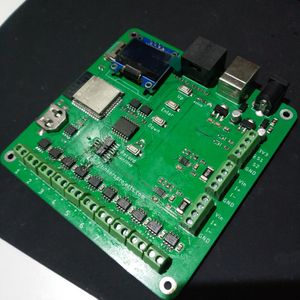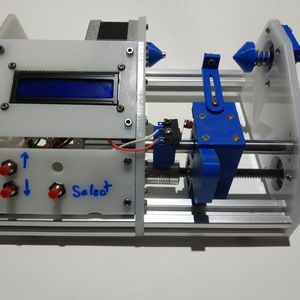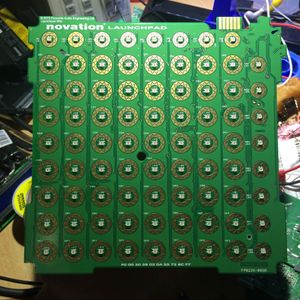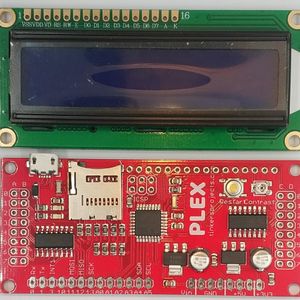Tinkers Projects
Imagine | Develop | Create
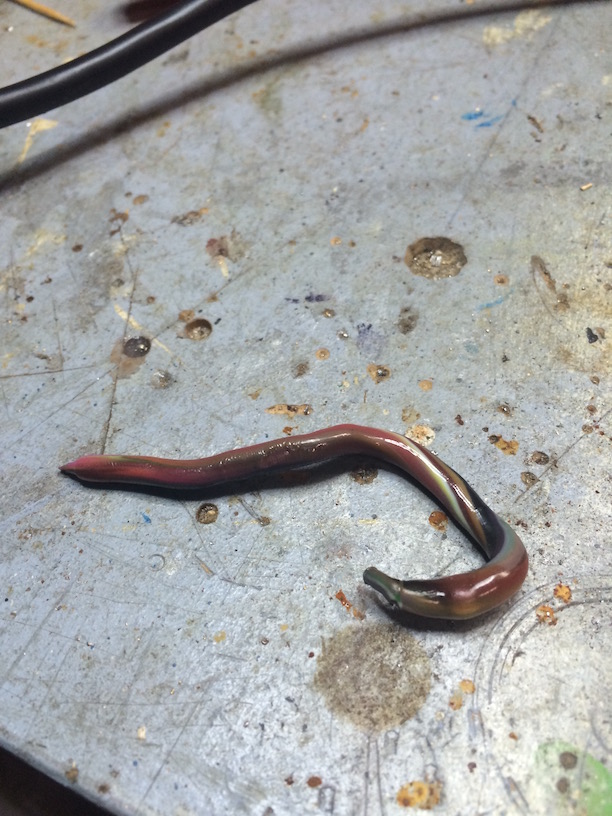







Injection Moulding System Test
I have been 3D printing for a while now and now want to to take it to the next level with higher quality. I have done a lot of research on plastic injection moulding and before I go any further making a bigger one, I want to make a smaller one to find some of the basic issues. This plastic injector is alright but I would not design one like this again. As my first plastic injector, it has tort me so much about how to redesign to preform better. I have tried it with different plastics and it seems that PE (Polyethylene) works the best so far, probably because it's so soft. This design is like a piston where the plastic sits in a hole and a metal block and a rod comes down. The rod pushes the plastic down through a small hole or nozzle at the bottom the hole. To make the plastic flow out of the nozzle and into the mould, the plastic needs to be heated to around 180C - 300C. To get the plastic to temperature, the metal block is heated. The heat is controlled by an Arduino and it made to easily change the temperature. After the plastic has been pushed throughout the mould, it then needs to be cooled and split open to reveal the new plastic part.
I have been 3D printing for a while now and now want to to take it to the next level with higher quality. I have done a lot of research on plastic injection moulding and before I go any further making a bigger one, I want to make a smaller one to find some of the basic issues. This plastic injector is alright but I would not design one like this again. As my first plastic injector, it has tort me so much about how to redesign to preform better. I have tried it with different plastics and it seems that PE (Polyethylene) works the best so far, probably because it's so soft. This design is like a piston where the plastic sits in a hole and a metal block and a rod comes down. The rod pushes the plastic down through a small hole or nozzle at the bottom the hole. To make the plastic flow out of the nozzle and into the mould, the plastic needs to be heated to around 180C - 300C. To get the plastic to temperature, the metal block is heated. The heat is controlled by an Arduino and it made to easily change the temperature. After the plastic has been pushed throughout the mould, it then needs to be cooled and split open to reveal the new plastic part.


